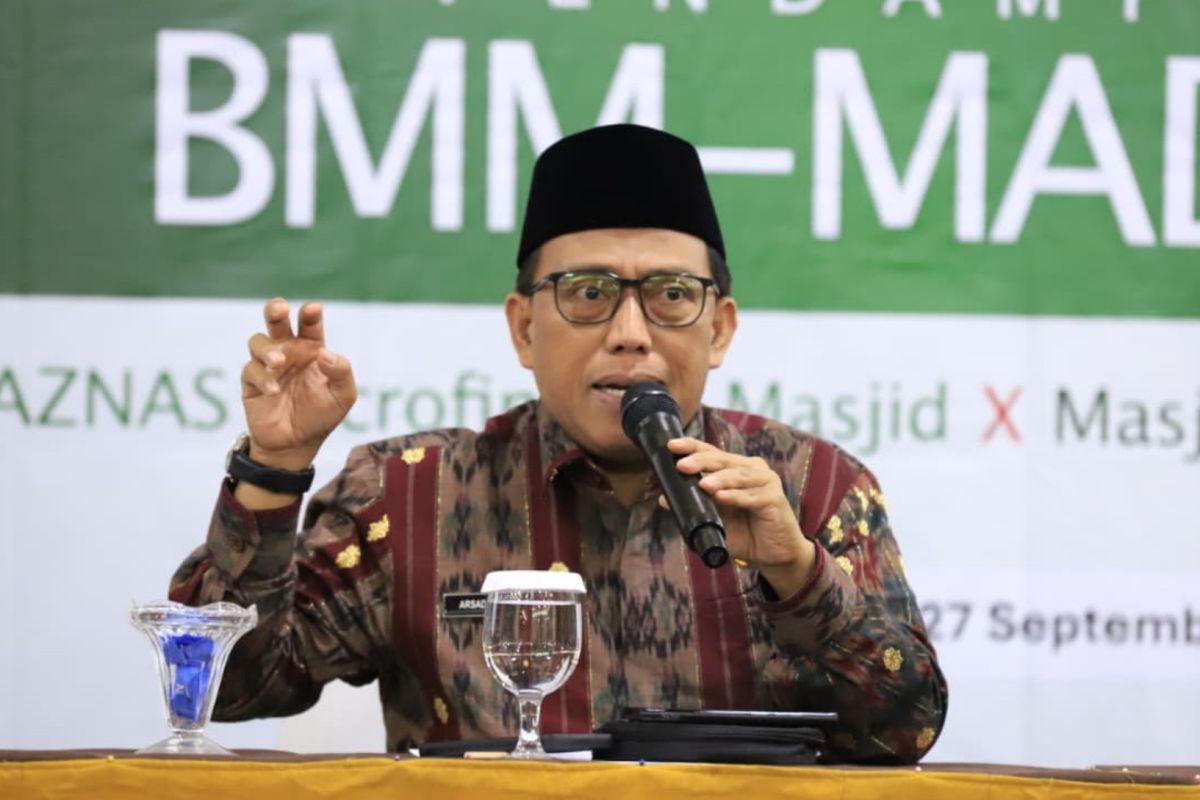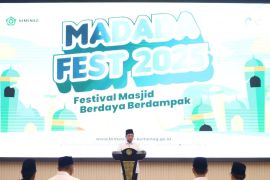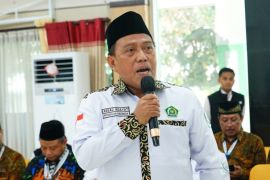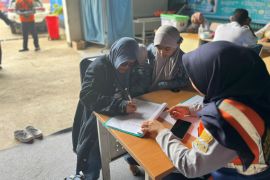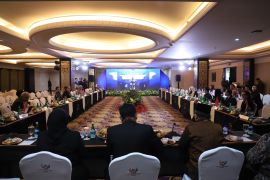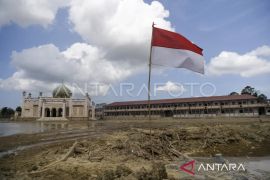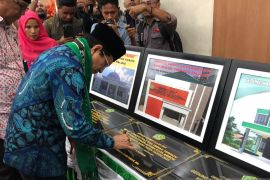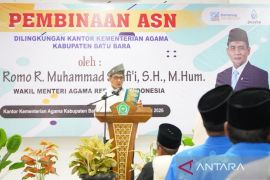The collaboration is between Baznas' Mosque Microfinance (BMM) and the Ministry of Religious Affairs' Masjid Berdaya Berdampak (Madada).
Arsad Hidayat, Director of Islamic Affairs and Sharia Development at the ministry announced that the mosques collectively received Rp5.1 billion (US $305,151) in stimulus funds, with each mosque allocated Rp150 million (US $8,986).
"These funds are expected to encourage creative initiatives at the mosque level, such as sharia cooperatives, skills training, and small business units," Arsad said in Jakarta on Monday.
The aid was distributed to 17 mosques in Central Java, 11 in East Java, and six in the Special Region of Yogyakarta (DIY).
Hidayat emphasized that the Rp150 million fund is not a one-time grant, but serves as seed capital to help mosques develop productive business ventures that align with the potential of their congregations and the surrounding environment.
He stated that to ensure the effective and transparent use of the funds, the Ministry and Baznas will implement a tiered mentoring system to monitor progress and provide guidance.
"This way, the recipient mosques can become models of empowerment that can be replicated nationwide," he said.
He further explained that an empowered mosque is one equipped with the resources to act, while an impactful mosque is one that is capable of driving tangible improvement in its surrounding community.
Therefore, he urged mosque administrators to transform their mosques into multifunctional ones.
"This transformation is essential, so that mosques not only become a places of worship, but also centers for social, educational, and economic activities. We hope the Madada program will be a milestone in establishing empowered and impactful model mosques across Indonesia," he said.
Meanwhile, Baznas Deputy II for Distribution and Empowerment, Imdadun Rahmat, highlighted that improving mosques is a collective responsibility of the Muslim community.
He acknowledged that various challenges, particularly economic issues related to employment and business development, often hinder mosque improvement efforts.
On the other hand, Rahmat said, there are various functions of mosques that need to be optimized so that their presence becomes part of the community's solutions.
"Making mosques the centers of empowerment is part of da'wah bil hal (Islamic outreach) within the Islamic economic movement aimed at enhancing community welfare," he said.
Related news: Ministry, Baznas promote mosques as shield against online loans
Related news: Baznas backs 1,001 community empowerment zones in Indonesia
Translator: Yoanita Hastryka Djohan
Editor: Arie Novarina
Copyright © ANTARA 2025
